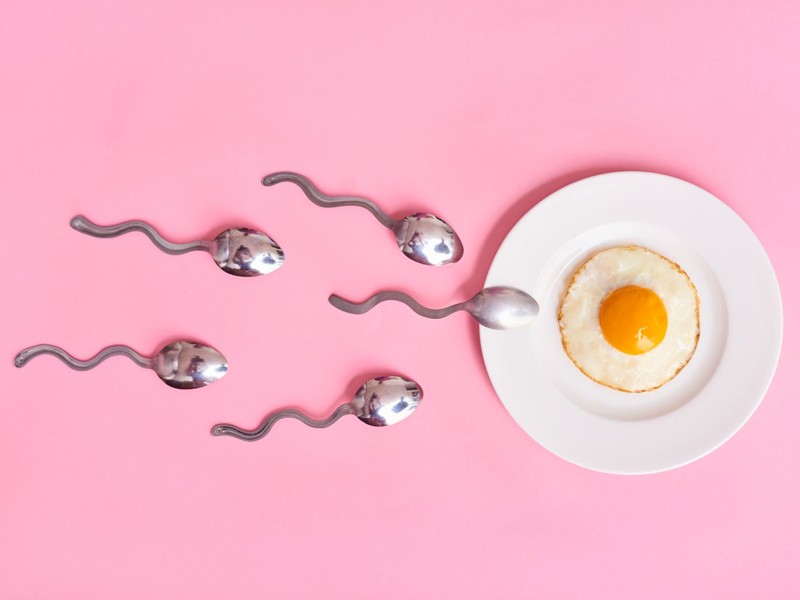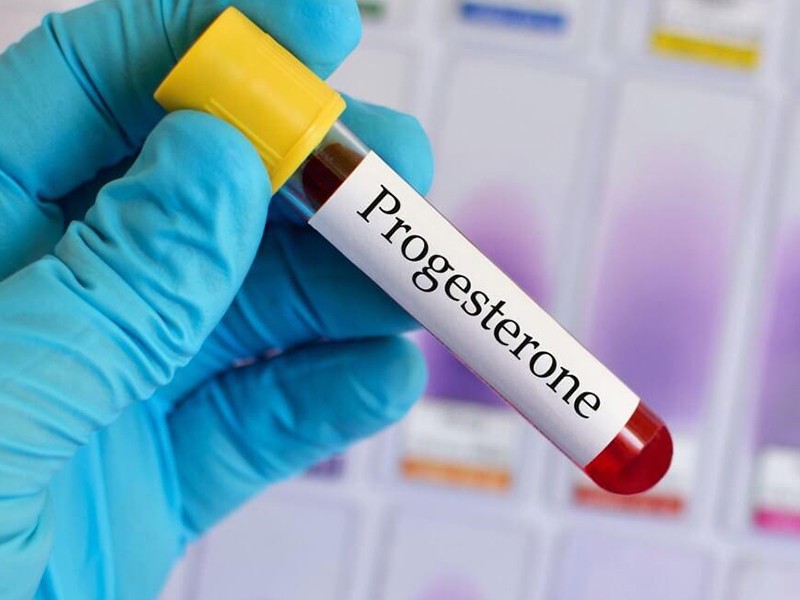Ectopic pregnancy and IVF: how to decide on the procedure again

For women’s health, an ectopic pregnancy is a serious blow. The question of possible conception in the future worries almost everyone. It is especially important to assess the prospects and risks for those women who are planning IVF. It should be figured out:
- whether the embryo implantation is possible
- whether there are any risks of re-ectopic conception
- whether it is possible to conceive a baby naturally
- whether there is a threat to the woman’s health
Does a new pregnancy occur after an ectopic pregnancy?
First of all, it is worth delving into the essence of the problem, studying the anamnesis and understanding the IVF function in a specific situation.
An egg that has matured in the ovary leaves it and moves along the fallopian tube. The course is taken for the uterine cavity. Fertilization occurs when the egg moves along one of the tubes. If everything goes well, then the already fertilized cell becomes an embryo. On the 5-7th day, the embryo enters the uterus, where nature has created the most comfortable conditions for the development of the fetus.
Sometimes, the situation develops in a different way. When the fertilized egg does not have time to reach the uterus, an ectopic pregnancy occurs. The embryo can remain in the fallopian tube, ovary, or outside the uterus. Survival in such conditions is impossible for him. An unpleasant situation of removal awaits a pregnant woman, most often solved by urgent surgery – removal of an embryo that has grown to the fallopian tube. Unfortunately, along with the embryo, the fallopian tube is often removed.
The emergency procedure reduces the chances of getting pregnant naturally by 50%, since only one tube remains functional. The chances are much lower (up to 20%) in case of the presence of adhesions and inflammatory processes that complicate the path to the egg.
In such situations, fertility specialists advise using the in vitro fertilization service.
When can IVF be done if there was an ectopic pregnancy?
It takes 2-3 months to restore resources and self-regulation of the menstrual cycle for a healthy body. But, there are nuances that can slightly shift the dates for an indefinite period:
- hormonal disbalance
- diagnostics of pathologies of the reproductive system
- anovulatory cycles
- depletion of the body against a background of stress
The date for starting the IVF protocol is determined by the doctor. It should be taken into account that each term for conception after an ectopic pregnancy is determined individually.
Is an ectopic pregnancy possible after IVF?
The percentage of such situations is small, although it occurs in the general practice of artificial insemination. Of course, the embryo is implanted directly into the uterine cavity. But, there are cases of displacement to the walls of the fallopian tube or complete disconnection and descent to the cervix.
Effective ways to exclude the displacement of the embryo into the epididymis
Preventive measures will help to minimize the risks of ectopic fertilization after IVF:
- A preliminary thorough examination of the patient for foci of inflammation of an infectious nature.
- Removal of diseased areas of the fallopian tube, which reduces the risk of improper embryo fixation.
- Careful control of each IVF stage at the time of embryo transfer.
- Decrease in physical activity, intensive use of muscles in the groin, abdomen, and lower extremities.
- No sexual intercourse for at least two weeks after transplant.
An ectopic pregnancy will be felt
Common signals that something is going wrong are:
- the appearance of discharge that is not characteristic of a certain stage of the cycle
- inadequate indicators of HCG growth over time
- absence of a fertilized egg in the uterine cavity with a positive pregnancy test (diagnosed by ultrasound)
- general weakness, fever, pain in the groin and lower abdomen
When maintaining an in vitro fertilization protocol, doctors monitor the patient at every stage. For this reason, the risks of pathology formation are reduced. But if an unpleasant situation occurs, then it will be possible to preserve the patient’s health by removing the embryo at an early stage.
The laparoscopic technology is used for removal, which preserves the organs of the female reproductive system. After the operation, you can start IVF again after 3-4 months.
What if the syndrome is incurable?
There are cases when the efforts of the most professional doctors are not enough. The body rejects the embryo by constantly withdrawing it into the fallopian tubes or uterine cavity. There is a solution for such complex options. Surrogacy is gaining popularity in world practice.
With the help of the IVF technique, the egg of the biological mother (or donor) is fertilized with the sperm of the husband and then the embryo is implanted into the uterine cavity of the surrogate mother.


